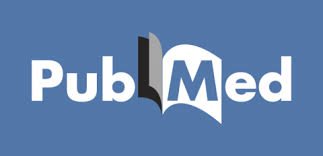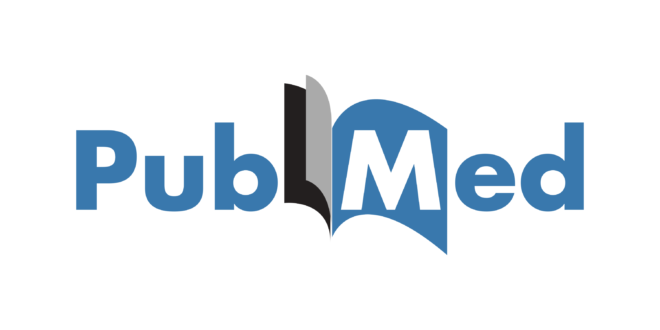Objective: To assess the clinical efficacy of Chinese herbal medicine for removing blood stasis combined with acupuncture in the treatment of sequelae of cerebral infarction. Methods: Ninety patients with cerebral infarction admitted to our hospital from April 2018 to April 2020 were enrolled and equally allocated to an experimental group and a …
Read More »
 Acupuncture Times Read the latest acupuncture research articles about acupuncture, Chinese herbal medicine, cupping therapy and moxibustion.
Acupuncture Times Read the latest acupuncture research articles about acupuncture, Chinese herbal medicine, cupping therapy and moxibustion.
